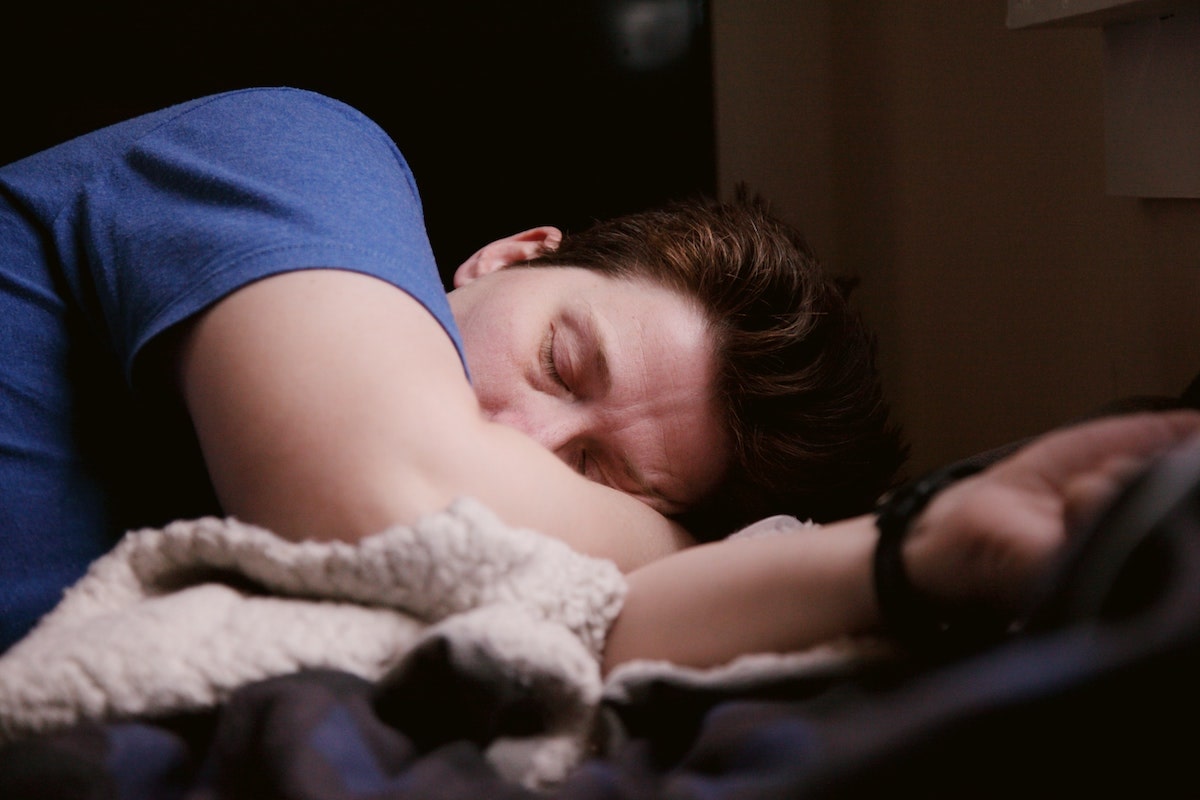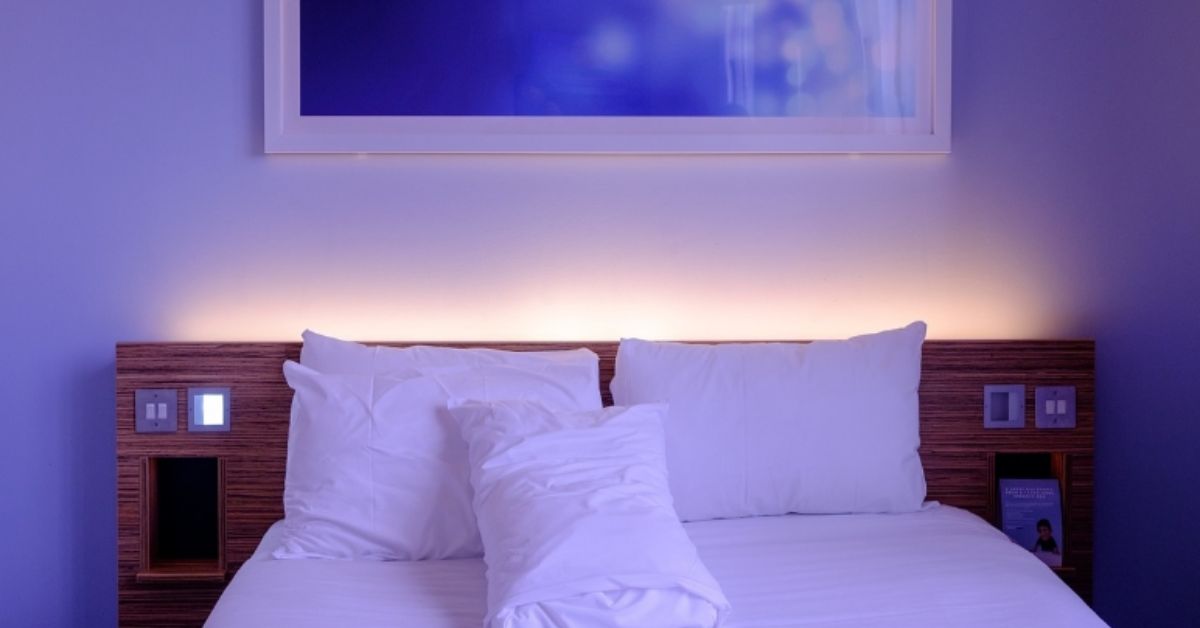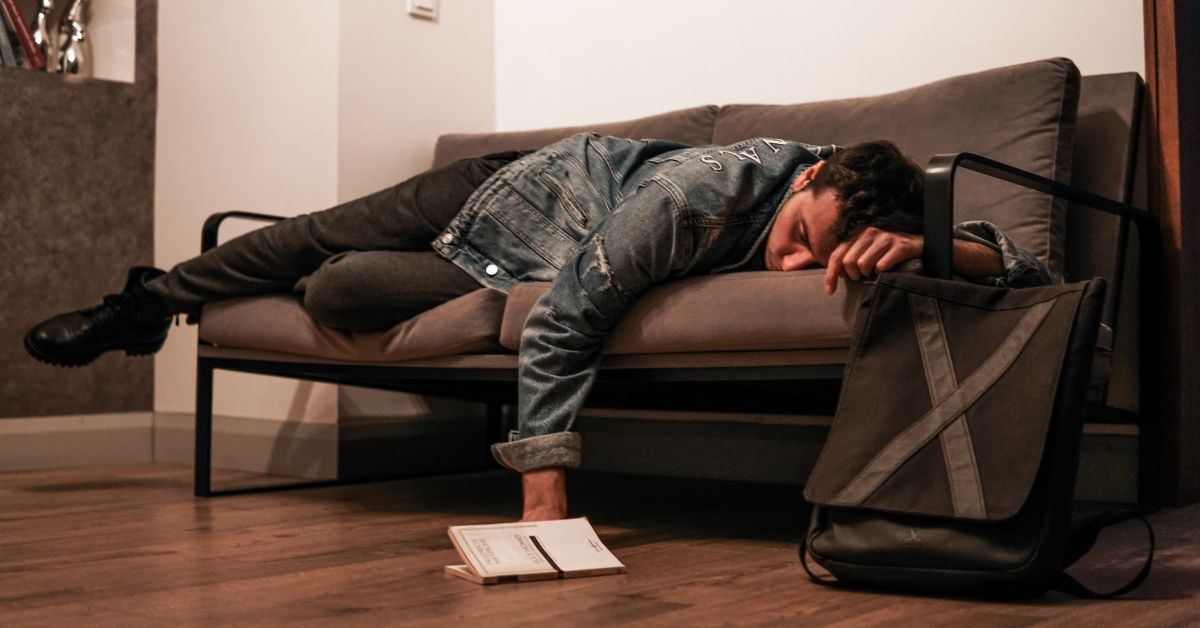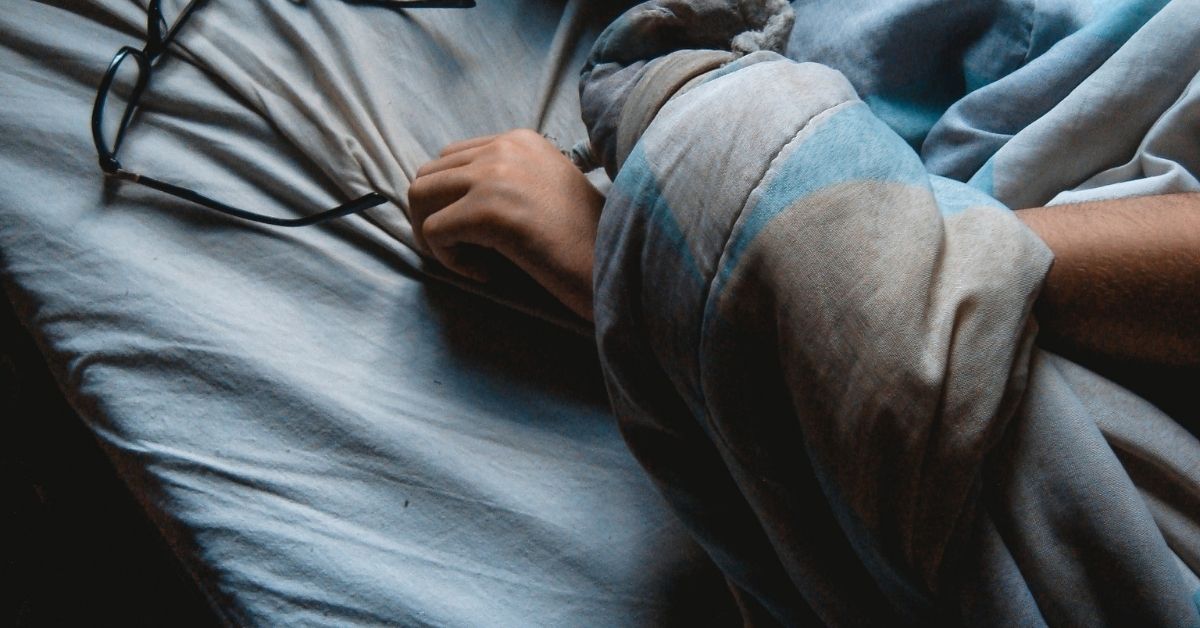Do you experience a lot of nights where you couldn’t fall asleep, or if you did manage to fall asleep, you wake up in the morning feeling still feeling tired? Getting enough quality sleep every day is critically important to your health. If you think you’re not getting any and it’s disrupting the quality of your life, then perhaps it’s time to undergo a sleep study. Here are the top 3 signs that you need to undergo a sleep study, stat:
1. Sleep Problems
Not everyone thinks that sleep problems are worth checking out. This is because many associate their sleep problems with so many other factors, thus, they think that poor sleep is only a side effect or a symptom of a larger issue. However, getting enough sleep is crucial for your overall health, and regardless of whether it’s a disorder in and of itself or a symptom of some other sickness, you need to understand what’s causing your poor sleep ASAP.
If you struggle to fall asleep or stay asleep, or if you find yourself waking up too early on a regular basis, then you may have sleep problems. Another sign of a sleep problem is when you frequently wake up at night to use the restroom without any underlying bladder problems. Usually, this is often a sign of sleep apnea.
If you also frequently experience sleep paralysis before or after you fall asleep, or you may hear or see unusual things before or after sleep, you may need to have your sleep problems checked.
2. Constant Tiredness
If you frequently experience daytime sleepiness that gets in the way of your regular routine, you might have an underlying sleep disorder, even if you think you’ve slept well the night before.
If you find yourself needing a nap every afternoon even after several cups of coffee, or if you’ve slept more than eight hours and still feel tired upon waking up, then these are clear signs that your sleep is being disrupted.
3. Chronic Health Problems
Sleeplessness and fatigue are usually symptoms of chronic health problems. One thing to consider is, when you have been diagnosed with a chronic disease such as Lupus, for example, and you undergo treatment but you still struggle with your sleep, you may have a separate comorbid sleep disorder.
Obstructive sleep apnea can cause hypertension, while frequent morning headaches may be a sign of a sleep disorder or something else entirely. Hence, it’s important to undergo a sleep study to find the root cause of the problem.
How a Sleep Study Works
A sleep study can help diagnose sleep disorders such as sleep apnea, restless legs syndrome, insomnia, and nighttime behaviors such as sleepwalking. You don’t have to be scared of a sleep study as the procedure is a non-invasive, overnight exam that will allow doctors to monitor you while you sleep to understand the activity occurring in your brain and body.
For a sleep study in Jacksonville, FL, you will go to a sleep center. While you sleep, an EEG will monitor your sleep stages and the cycles of REM and non-REM sleep that you go through during the night.
It will also measure other things, such as eye movements, oxygen levels in your blood, heart and breathing rates, body movements, and snoring.
You can bring some personal items related to sleep with you at your appointment. Before you sleep, sensors will be placed on your head and body, but this will not restrict your movement and you will still be able to get a comfortable sleep.
Sleep Study in Jacksonville, FL
These are the top three signs a sleep study in Jacksonville, FL will be recommended by your doctor. If you experience these symptoms and they get in the way of your day-to-day activities, you should definitely follow your doctor’s recommendations and undergo a sleep study right away.
At Jacksonville Sleep Center, we offer quality sleep study in Jacksonville, FL. We provide both in-lab and at-home sleep testing. Contact us today to learn more!






